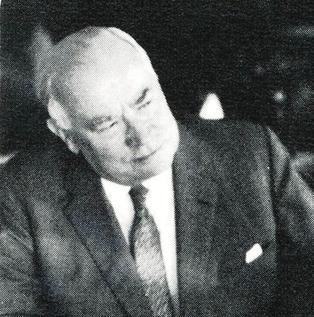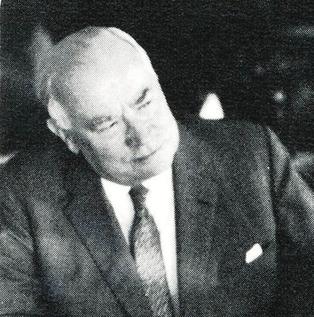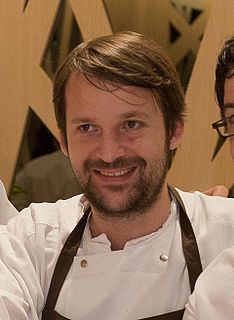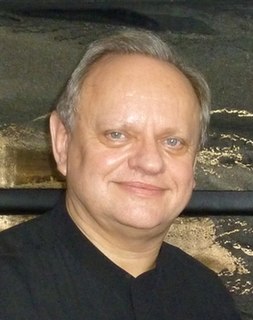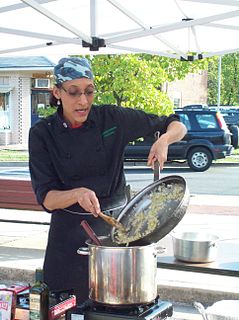A Quote by Waverley Lewis Root
Every country possesses, it seems, the sort of cuisine it deserves, which is to say the sort of cuisine it is appreciative enough to want.
Related Quotes
Every country possesses, it seems, the sort of cuisine it deserves, which is to say the sort of cuisine it is appreciative enough to want. I used to think that the notoriously bad cooking of the English was an example to the contrary, and that the English cook the way they do because, through sheer technical deficiency, they had not been able to master the art of cooking. I have discovered to my stupefaction that the English cook that way because that is the way they like it.
My cooking philosophy, what I try to do, is to make a cuisine where the produce and the product shines, compared to some current trends that are maybe more adding additional things, like molecular cuisine, with a lot of additives and chemicals, which are now showing that they could be bad for your health.
All of these concoctions that we think are Mexican, are in no way reflective of the deep, incredibly old, complex and sophisticated deep regional cuisine of Mexico. Or the new modern Mexican cuisine, which has really been exploding over the last few years. I think we just have a completely misrepresented view of how good, how complex these flavors are. I think we could learn a lot more. It's a great cuisine that's really moving forward, faster than any other.
They say that the cuisines of different Chinese provinces arose originally to serve different kinds of constituencies. Beijing was the cuisine of officials. In Shanghai, that was the cuisine of wealthy merchants and industrialists. In Szechwan, the food of the common people. Many great Szechwan dishes originated in street stalls.
Chefs have only been able to work in restaurants, high-end cuisine. Why? Why haven't they been able to find other scenarios? For those chefs who want to do avant-garde cuisine, should they be finding their income in a restaurant? These are the kind of questions we are asking ourselves. So the new scenario will allow them to do whatever they want to do, whenever they want to do it.
To the chefs who pioneered the nouvelle cuisine in France, the ancienne cuisine they were rebelling against looked timeless, primordial, old as the hills. But the cookbook record proves that the haute cuisine codified early in this century by Escoffier barely goes back to Napoleon's time. Before that, French food is not recognizable as French to modern eyes. Europe's menu before 1700 was completely different from its menu after 1800, when national cuisines arose along with modern nations and national cultures.
